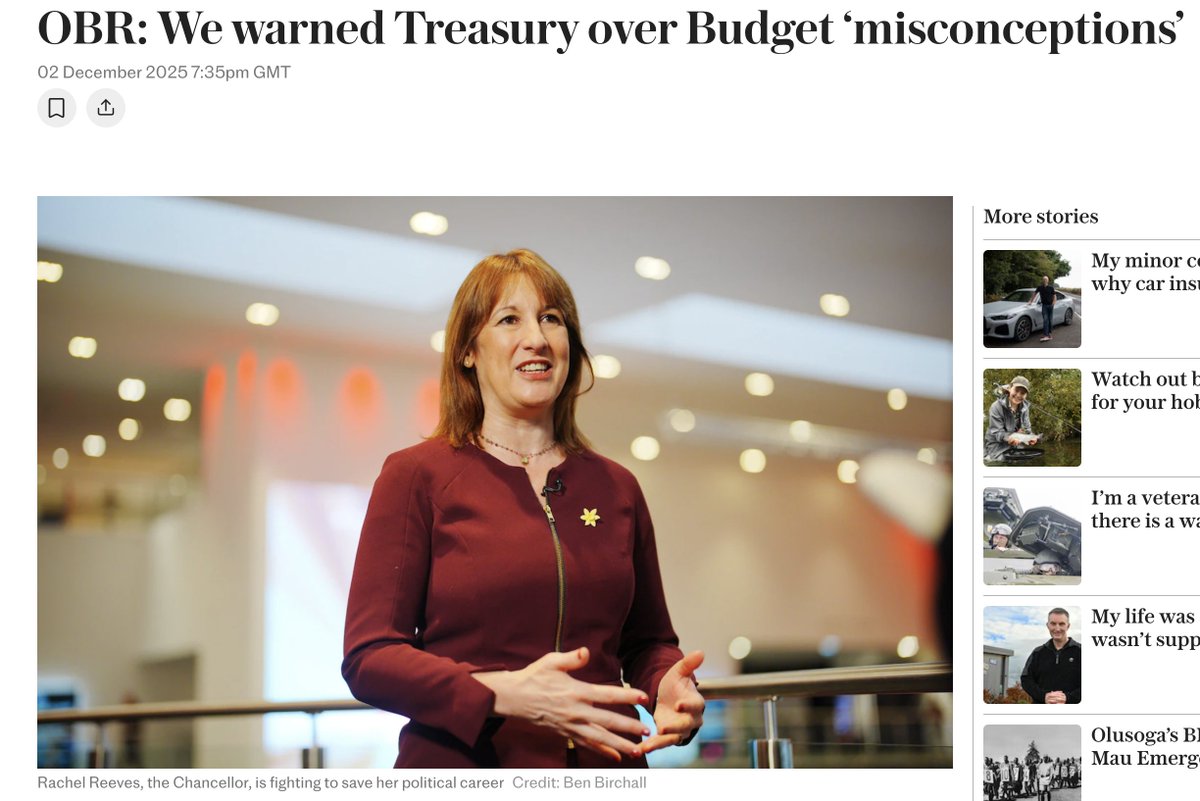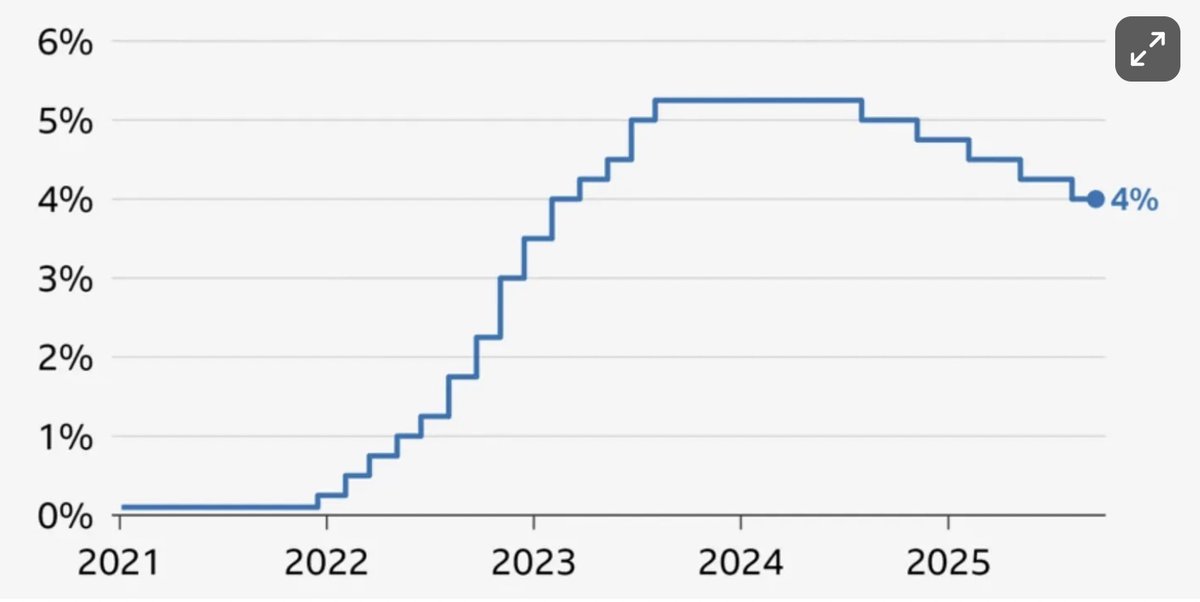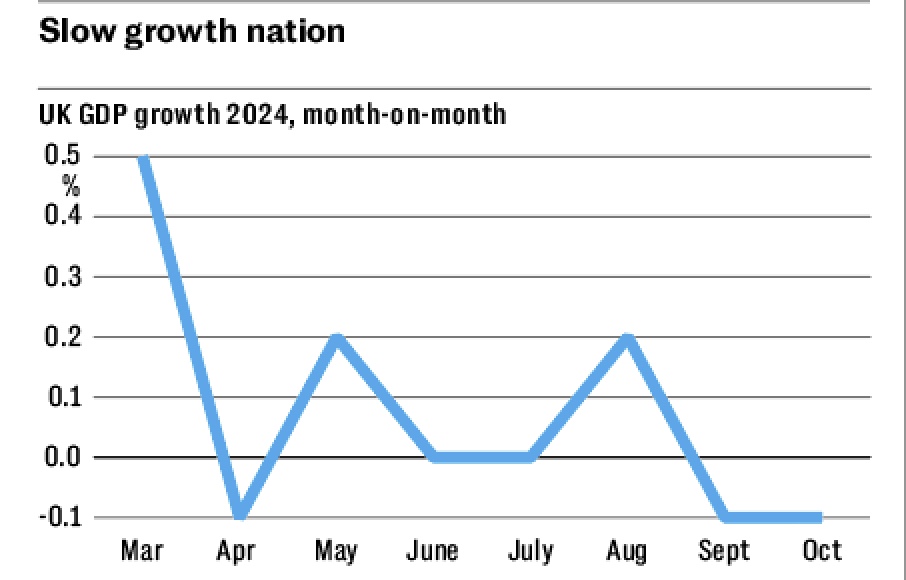
“Economic Agenda” columnist @Telegraph; “Planet Normal Co-Pilot”; Founder of “When The Facts Change” and @HooligansbandUK
How to get URL link on X (Twitter) App

































 Back in September 2000, British farmers working together with truck drivers brought the UK almost to a standstiill. Sharp rises in petrol and diesel prices saw farmers and hauliers blockade roads, fuel terminals and refineries, putting huge pressure on Tony Blair’s New Labour government.
Back in September 2000, British farmers working together with truck drivers brought the UK almost to a standstiill. Sharp rises in petrol and diesel prices saw farmers and hauliers blockade roads, fuel terminals and refineries, putting huge pressure on Tony Blair’s New Labour government.









